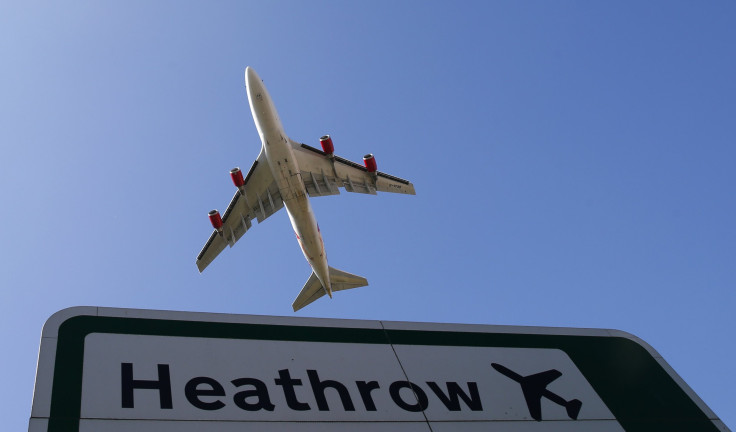Heathrow Terror Arrests: Couple Detained In London After Reportedly Trying To Enter Syria

A couple were arrested at London’s Heathrow Airport by counterterrorism authorities on suspicions of terror-related offenses in Syria after landing on a flight from Istanbul, Turkey, on Tuesday night, British media reported on Wednesday. Authorities said the 20-year-old man and 19-year-old woman from Wallsall may have tried to enter Syria and join the ranks of the Islamic State group, but were unsuccessful and turned back.
“Officers say there was no risk to the safety of the flight and that the arrest – which was planned and intelligence led – has resulted in two addresses in Walsall being searched,” said a West Midlands police statement. The two Walsall addresses in central England are being searched by West Midlands Counter Terrorism Unit, according to IBTimes UK.
The West Midland’s terror unit arrested a 19-year-old man on similar charges Saturday after he returned to Heathrow from Jordan. He is being held at least until Thursday on suspicion of “preparing for acts of terrorism,” according to Sky News.
The arrests come in the middle of a countrywide Counter Terrorism Awareness Week in response to the threat from homegrown radicals and individuals returning from fighting with the Islamic State group in Syria and Iraq. U.K. Home Secretary Theresa May introduced new, sweeping legislation on Monday that would allow authorities to strip citizens of their ability to legally travel or return to the U.K. if they are believed to be involved in or seeking to be involved in terror activities. Parliament is expected to pass the legislation Wednesday.
The bill also requires U.K. schools and prisons to actively discourage terror activities and requires Internet service providers to store detailed information on IP addresses for authorities to use in tracking potential terrorists.
The U.K. terror threat level was raised to “severe” in late August in response to the Islamic radicalism emanating from Syria and Iraq. It is the U.K.’s second-highest threat level, which denotes that “an attack is highly likely,” but not necessarily “expected imminently.”
© Copyright IBTimes 2024. All rights reserved.






















